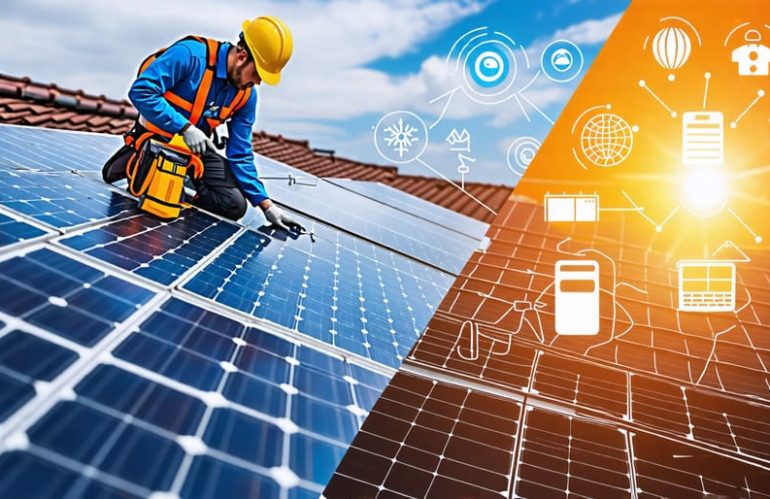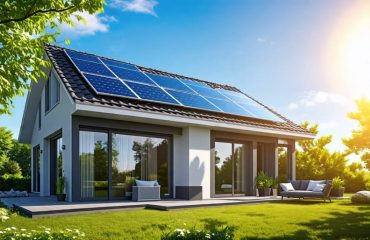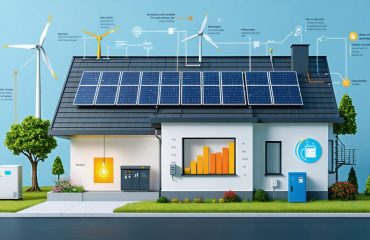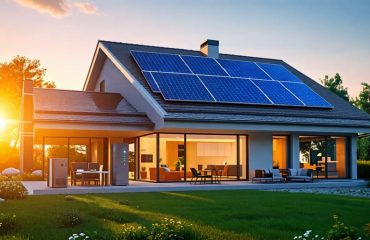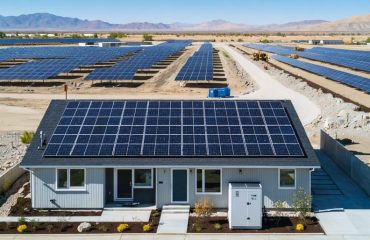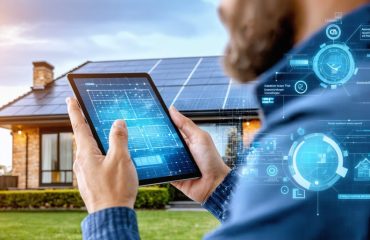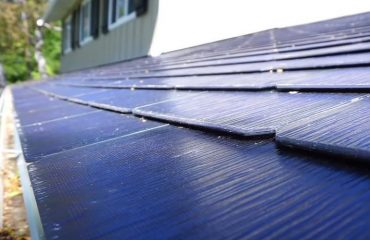Ensure your solar installation meets all building codes, electrical regulations, and safety standards to minimize risks. Have your system regularly inspected by a qualified professional to identify any potential hazards early. Protect yourself during installation by using proper safety gear, including gloves, eye protection, and secure footwear. Learn about common solar safety tips, such as how to safely handle panels, avoid electric shock, and work on ladders or roofs. Plan for emergencies by understanding how to shut off your system and having a preparedness kit on hand.
Common Solar Panel Safety Hazards
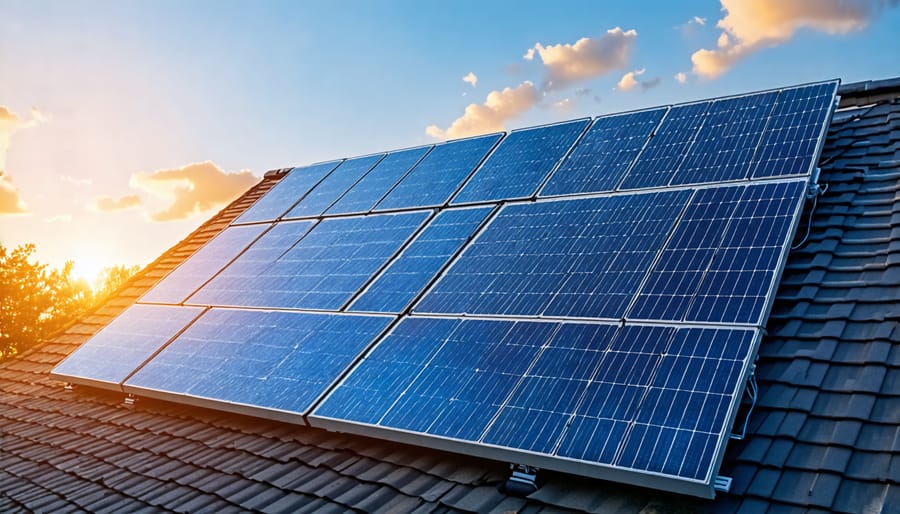
Electrical Risks
Electrical risks are a significant concern when it comes to solar panel installations. Improper wiring or faulty connections can lead to serious hazards like electric shock and even fire. It’s crucial to work with a licensed and experienced electrician who follows strict safety protocols and local building codes. Solar panels generate direct current (DC) electricity, which must be properly converted to alternating current (AC) for household use. Incorrectly sized wires, loose connections, or damaged insulation can cause overheating, short circuits, and electrical fires. Regular maintenance and inspections by a qualified professional can help identify and address potential issues before they become dangerous. Homeowners should also be aware of warning signs like buzzing sounds, burning smells, or flickering lights, which may indicate electrical problems that require immediate attention. By prioritizing safety and working with reputable installers, homeowners can enjoy the benefits of solar energy without compromising the well-being of their families and properties.
Structural Risks
Proper installation is crucial for ensuring the safety and longevity of your solar panel system. Hiring a reputable, licensed installer can help mitigate structural risks. Poor installation practices, such as inadequate fastening or improper wire management, can lead to panels becoming dislodged or electrical hazards. Additionally, it’s essential to assess your roof’s condition before installation. Solar panels add extra weight, so a structurally unsound roof may not be able to support the system safely. A professional installer will evaluate your roof and recommend any necessary repairs or reinforcements prior to installation. Regular maintenance, including cleaning and inspections, can also help identify and address any potential issues before they escalate into major safety concerns. By following best practices and working with qualified professionals, you can minimize structural risks and enjoy the benefits of solar energy with peace of mind.
Best Practices for Solar Panel Safety
Choosing a Reputable Installer
When selecting a solar panel installer, it’s crucial to choose a licensed, experienced, and reputable company. A qualified installer will ensure that your solar panel system is installed safely, efficiently, and in compliance with all local building codes and regulations.
Look for installers who are certified by the North American Board of Certified Energy Practitioners (NABCEP), which is the gold standard for solar installation training and expertise. Check their track record, read customer reviews, and ask for references to gauge their level of professionalism and customer satisfaction.
A reputable installer will also provide a detailed proposal outlining the system specifications, estimated energy production, and financial projections. They should be transparent about the installation process, timeline, and any potential challenges specific to your home.
Choosing a licensed and experienced installer may come with a slightly higher upfront cost, but it’s an investment in the long-term safety, performance, and reliability of your solar panel system. Don’t be tempted to cut corners by hiring an unlicensed or inexperienced contractor, as this could lead to safety hazards, subpar workmanship, and costly repairs down the line.
Remember, a properly installed solar panel system will provide clean, renewable energy for decades, so it’s essential to get it right from the start by choosing a reputable installer.
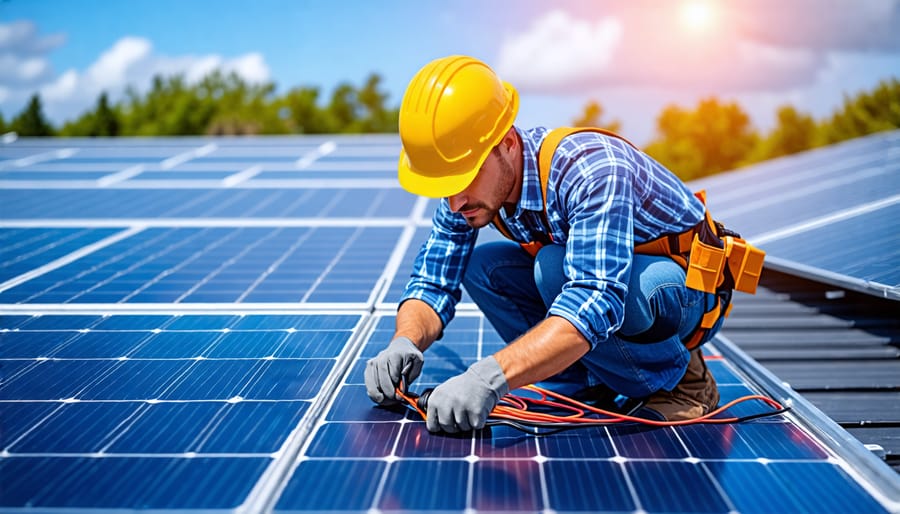
Regular Maintenance and Inspections
Regular maintenance and inspections by professional solar technicians are crucial for ensuring the ongoing safety and optimal performance of your solar panel system. Scheduling annual checks allows experienced professionals to identify and address any potential issues early on before they escalate into more serious problems. During these inspections, technicians will thoroughly examine your panels, wiring, inverters, and mounting equipment for signs of wear, damage, or loose connections. They’ll also clean your panels to remove any dirt, debris, or obstructions that could hinder energy production. Additionally, they’ll test your system’s electrical output and make necessary adjustments to ensure it’s operating at peak efficiency. By catching and fixing minor issues promptly through regular maintenance, you can prevent more extensive and costly repairs down the line, prolonging the lifespan of your investment. Remember, while solar panels are designed to be durable and low-maintenance, they still require periodic professional attention to keep them running safely and smoothly for decades to come. So don’t neglect this essential aspect of responsible solar ownership – schedule those yearly check-ups to protect your system, your home, and your peace of mind.
Safety Features to Look For
When shopping for solar panels, it’s important to look for key safety features that can protect your home and family. One critical component is a rapid shutdown device, which automatically cuts off the flow of electricity from the panels in case of an emergency or maintenance. This prevents dangerous high voltages from building up and potentially causing harm.
Other safety features to consider include high-quality wiring and connectors that are rated for outdoor use and can withstand extreme weather conditions. Look for panels with strong, durable frames and tempered glass that can resist impacts from hail or debris. Additionally, ensure that your system includes proper grounding and surge protection to safeguard against electrical faults or lightning strikes.
By choosing solar panels with these essential safety features, you can have peace of mind knowing that your investment is secure and your home is protected. Don’t hesitate to ask your installer about the specific safety components included in your system, and make sure they are up to code and compliant with all local regulations. With the right precautions in place, you can enjoy the benefits of clean, renewable energy without compromising on safety.
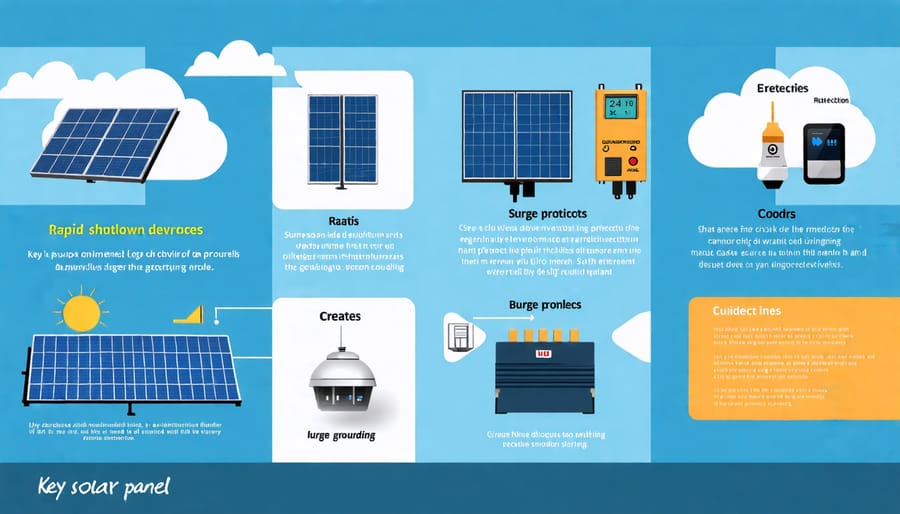
Debunking Solar Safety Myths
Despite the numerous benefits of solar energy, there are still some persistent myths surrounding the safety of solar panels. One common misconception is that solar panels are a fire hazard. In reality, solar panels are designed with safety in mind and undergo rigorous testing to ensure they meet strict safety standards. Properly installed solar panels pose no greater fire risk than any other electrical equipment. Another myth is that solar panels emit harmful radiation. The truth is that solar panels absorb radiation from the sun and convert it into clean electricity, without emitting any harmful radiation themselves. In fact, the World Health Organization has stated that solar energy technologies pose no risk to human health. Some people also believe that solar panels are dangerous because they contain toxic chemicals. While it’s true that some solar panels may contain small amounts of hazardous materials, these are safely encapsulated within the panel and pose no risk to homeowners or the environment when handled properly. Additionally, the solar industry is continually working towards developing more sustainable and eco-friendly solar technologies. By debunking myths and understanding the facts about solar panel safety, homeowners can confidently embrace solar energy as a clean, safe, and reliable way to power their homes while reducing their environmental impact and saving money on energy bills in the long run.
In conclusion, solar panels are a safe and reliable source of clean energy when installed and maintained correctly. By following best practices, such as working with licensed professionals, using quality equipment, and taking proper safety precautions, homeowners can confidently embrace solar power while minimizing potential risks. Regular maintenance and monitoring ensure that your solar panels continue to operate efficiently and safely throughout their lifespan. With the right knowledge and approach, you can enjoy the numerous benefits of solar energy, including reduced energy bills and a smaller carbon footprint, without compromising your safety or the well-being of your home and family. Embrace the power of the sun and make the switch to solar with confidence.

